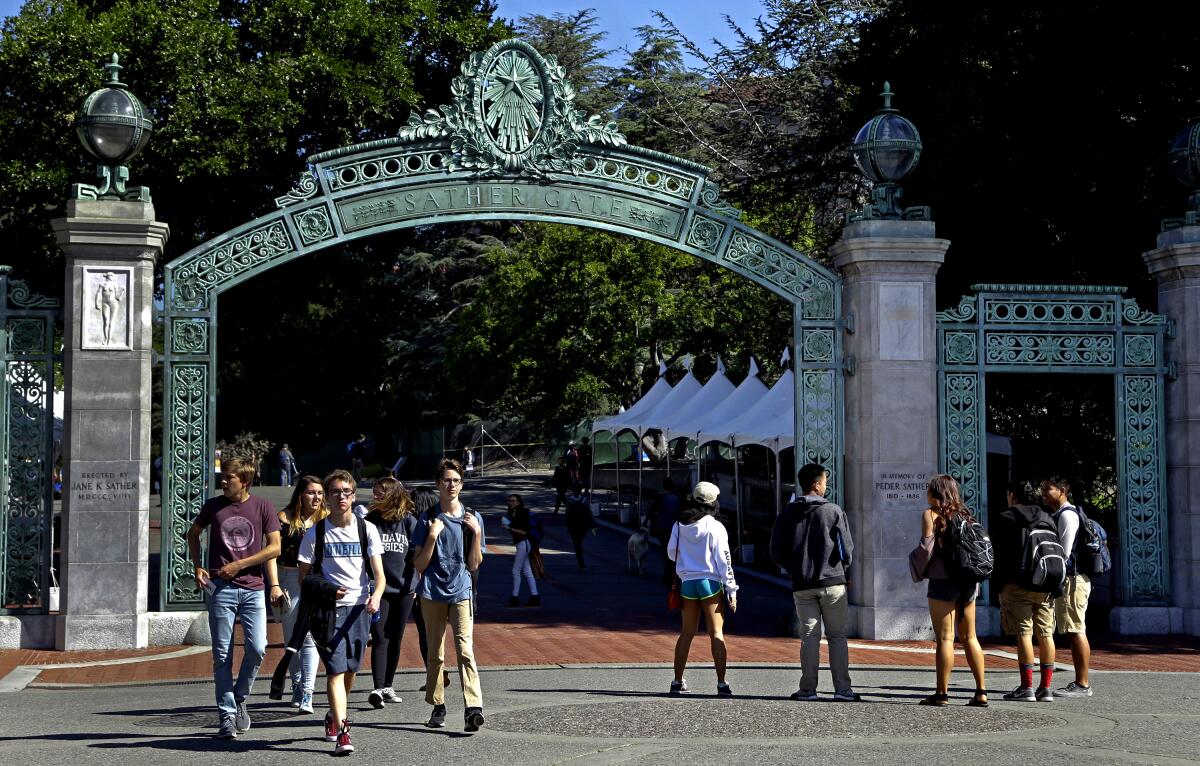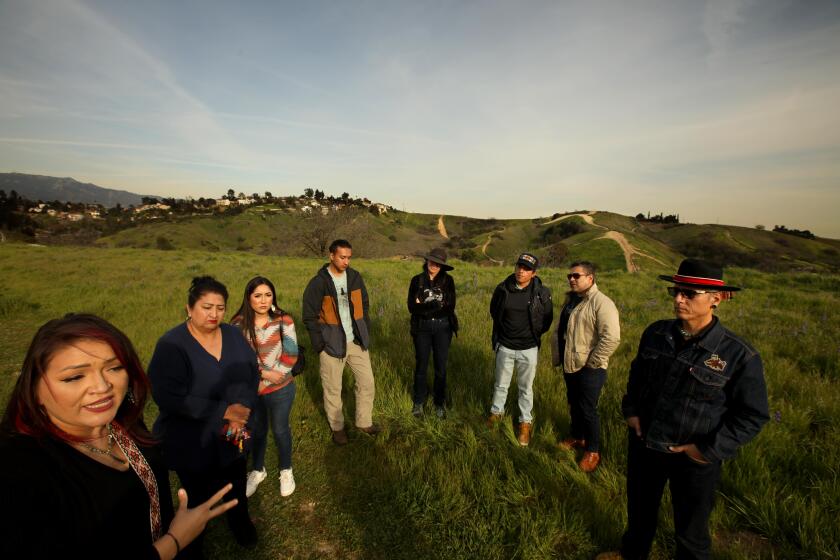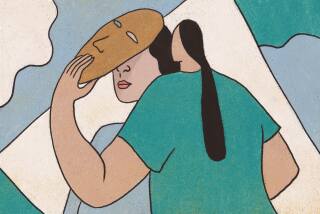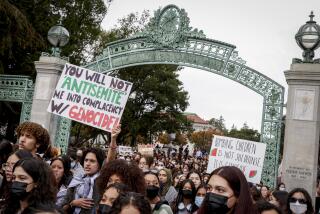‘I hurt Native people’: UC Berkeley scholar faces uproar after claiming Indigenous heritage

An associate professor at UC Berkeley known for her work on Native food sovereignty is facing backlash for falsely claiming Indigenous heritage.
In a statement posted on her personal website on Monday, Elizabeth M. Hoover, associate professor of environmental science, policy and management, said she is white and “incorrectly identified” as Indigenous without researching her ancestry.
“In uncritically living an identity based on family stories without seeking out a documented connection to these communities, I caused harm,” Hoover wrote. “I hurt Native people who have been my friends, colleagues, students and family, both directly through fractured trust and through activating historical harms.”
By naming it the Chief Ya’anna Learning Village, a school official said they will pay tribute to an Indigenous leader who offered refuge to Indigenous immigrants.
Hoover said in the statement that she had long identified as a woman of Mohawk and Mi’kmaq descent. She stopped identifying herself as Indigenous and a descendant of those tribes last year after her heritage came into question.
Her case is similar to that of Sen. Elizabeth Warren (D-Mass.), who four years ago made a public apology to Native Americans over her past claim to tribal heritage.
Hoover’s announcement this week caused widespread anger among the Native and academic communities.
Desi Small-Rodriguez, an assistant professor of sociology and American Indian studies at UCLA, wrote in a tweet that UC Berkeley should fire her.
The two plans were designed to spur the construction of affordable housing, while establishing new safeguards to prevent displacement of low-income families.
Adrienne Keene, author of Native Appropriations, an online forum, who claimed to be a close friend and colleague of Hoover, tweeted that she was devastated, enraged and exhausted over the issue for the last year.
“I have spent countless hours supporting her current and former students, trying to process my own emotions and having to continue on at an institution that gave her a PhD, her first job and tenure,” she wrote.
In October, Hoover posted a statement in which she said she had conducted genealogical research to verify her connection to the Mohawk and Mi’kmaq tribes but found no records of her tribal citizenship for any family members in the tribal databases accessed.
“Now, without any official documentation verifying the identity I was raised with, I do not think it is right for me to continue to claim to be a scholar of Mohawk / Mi’kmaq descent,” she wrote last year.
Her announcement at the time led to a letter publicly calling on her to respond to a list of demands including acknowledging the harm she had caused, to stop identifying as a descendant of the tribes and come out as white, to name a few.
As part of her apology, Hoover acknowledged she had received resources that were intended for students of color.
“Before taking part in programs or funding opportunities that were identity-related or geared toward under-represented people I should have ensured that I was claimed in return by the communities I was claiming,” she said in her statement. “By avoiding this inquiry, I have received academic fellowships, opportunities, and material benefits that I may not have received had I not been perceived as a Native scholar.”
More to Read
Sign up for Essential California
The most important California stories and recommendations in your inbox every morning.
You may occasionally receive promotional content from the Los Angeles Times.













